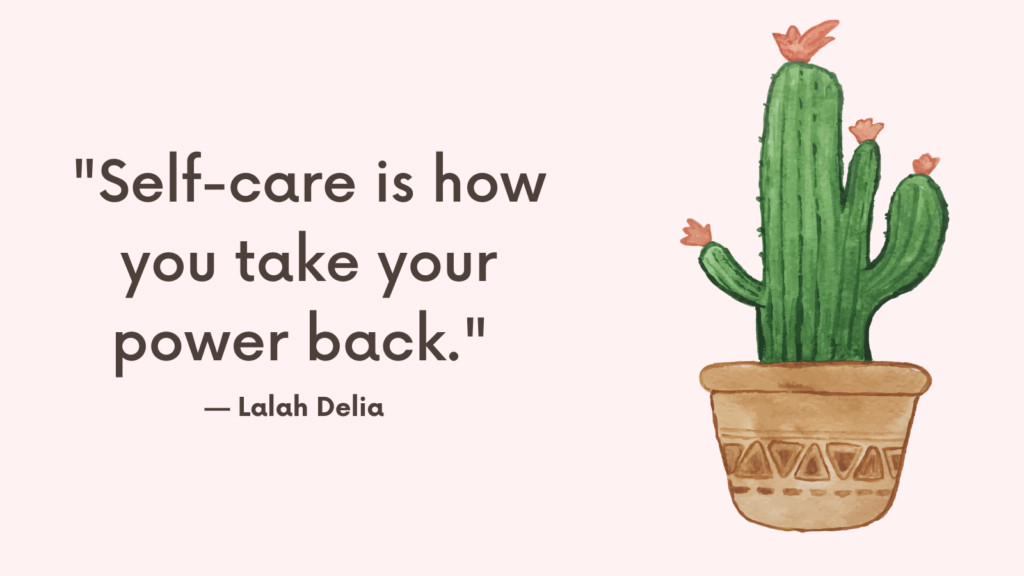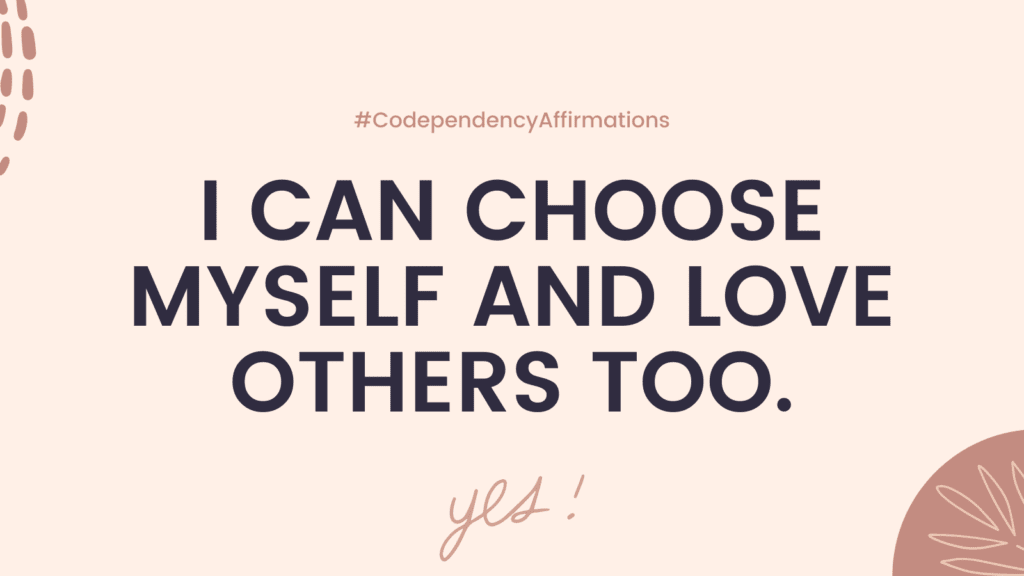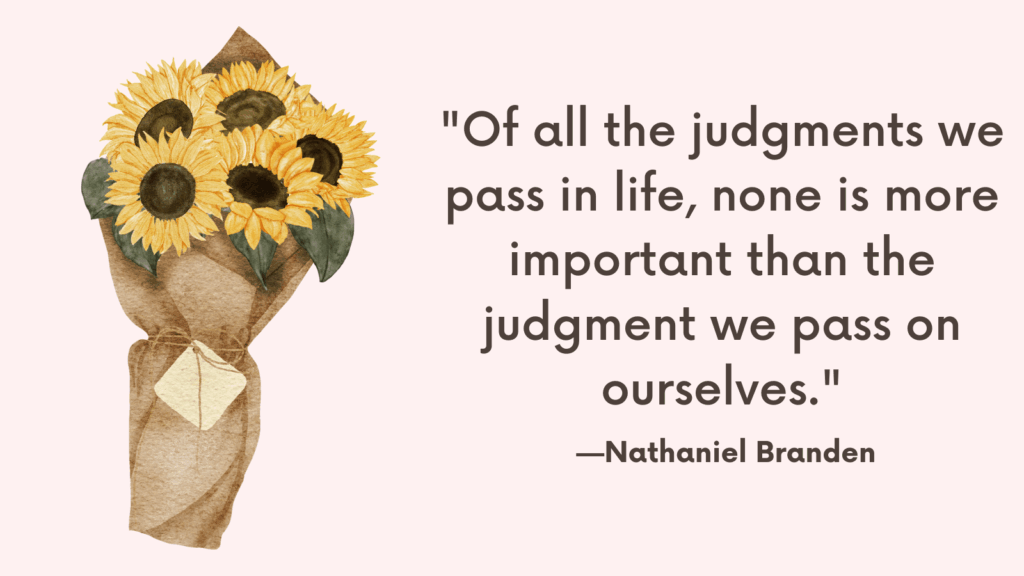Do you feel responsible for fixing other people’s problems—even when it drains you? Do you prioritize others’ needs over your own, feeling guilty if you don’t help?
If so, you might have the “fixer” mentality—a deeply ingrained habit of trying to solve, rescue, or emotionally carry those around you.
While helping others is a beautiful trait, constantly playing the fixer can leave you feeling emotionally exhausted, unappreciated, and even resentful.
The truth is: You are not responsible for saving everyone. And breaking free from the fixer role doesn’t mean you stop caring—it means you start caring for yourself too.
Here’s how to recognize the signs of fixer mentality and learn to set healthier boundaries while still being compassionate.
Signs You Have the “Fixer” Mentality
1. You feel responsible for other people’s emotions and problems.
If someone is struggling, you instantly feel like it’s your job to help.
You believe that if you don’t step in, things will fall apart.
2. You ignore your own needs to focus on others.
You constantly put yourself last, often at the cost of your well-being.
When you do prioritize yourself, you feel selfish or guilty.
3. You feel drained from constantly helping others.
Your emotional energy is always poured into other people’s issues.
You often feel burned out, exhausted, or resentful.
4. You struggle with setting boundaries.
You say yes even when you don’t want to.
You find it hard to let others solve their own problems.
Related: Are You an Emotional Sponge? (5 Tips for Better Boundaries)
5. You get emotionally invested in fixing things that aren’t your responsibility.
You spend hours worrying about or problem-solving for others.
You feel guilty if someone is struggling, even if it has nothing to do with you.
6. You attract people who “need saving.”
You often find yourself in relationships or friendships where you’re the caretaker.
You feel drawn to people who seem lost, broken, or in crisis.
7. You feel unappreciated or taken for granted.
People come to you for help but rarely return the same level of care.
You wonder if anyone would truly be there for you the way you are for them.
If these signs resonate with you, it’s time to step back and reassess. Fixing isn’t love. Fixing isn’t connection. Fixing is exhausting. But you can break free.
Related: Best 9 Tips On How To Receive More In Life And Relationships?
How to Break the Fixer Mentality? (Without Losing Your Kindness)
1. Accept That You Are Not Responsible for Everyone
People have the right to their own struggles, growth, and lessons.
Your job isn’t to save them—it’s to support them (without losing yourself).
Try this: When someone shares a problem, instead of immediately offering solutions, ask:
“What do you think would help?”
This allows them to take ownership of their own challenges.
2. Set Emotional Boundaries (Without Feeling Guilty)
You can care deeply while also protecting your own energy.
Boundaries don’t make you selfish—they make you healthy.
Try this:
If someone always comes to you with problems but doesn’t change, limit how much energy you give.
Practice saying: “I really hope things get better for you. I trust you’ll figure it out.”
Related: How To Deal With Someone Who Doesn’t Respect Your Boundaries?
3. Stop Overextending Yourself
If helping others is leaving you drained, anxious, or resentful, you’re overextending.
Your well-being matters too.
Try this: Each time someone asks for your help, pause and ask yourself:
Do I have the energy to do this without sacrificing my own well-being?
Am I helping because I truly want to, or because I feel obligated?
If it’s out of obligation, it’s okay to say no.
4. Let People Solve Their Own Problems
When you fix things for others, you rob them of growth.
People need to learn, struggle, and take responsibility for their own lives.
Try this: Instead of jumping in to fix, say:
“I believe in you. I know you’ll figure this out.”
“I trust you to make the best decision for yourself.”
This helps you release the burden of responsibility while still offering support.
Related: How to Use Assertive Communication at Work?
5. Start Prioritizing Yourself Without Guilt
Being a good person doesn’t mean sacrificing yourself.
Your needs, dreams, and happiness deserve attention too.
Try this:
Schedule time just for you—without feeling guilty.
Practice asking yourself, “What do I need today?” and honoring it.
Related: +100 Examples of Boundary Violations & How to Deal With It
6. Surround Yourself with People Who Give Back
Healthy relationships are about mutual care—not one-sided giving.
Notice who only reaches out when they need something vs. who truly values you.
Try this:
Take a step back from relationships that only drain you.
Invest in friendships where you feel supported, not just useful.
Related: What Do Boundaries Sound Like? + 35 Boundaries Examples

Final Thoughts: It’s Time to Let Go of the Fixer Role
Being compassionate and helpful is a gift, but when it comes at the cost of your own well-being, it’s no longer healthy. You are not responsible for carrying everyone’s burdens.



